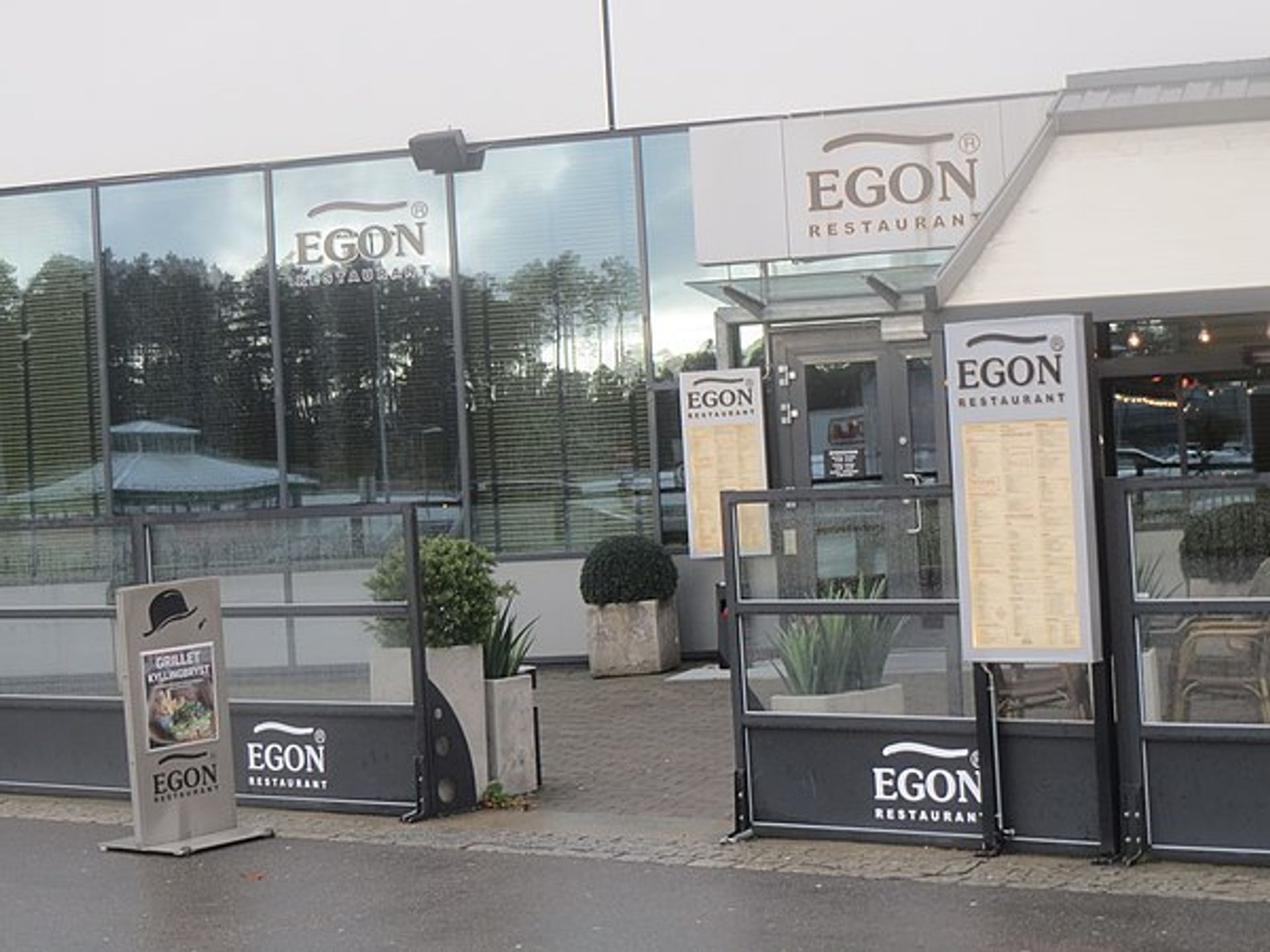
Red Bull
What do people say about Red Bull?
In Norway, Red Bull's image is significantly tarnished by widespread health concerns associated with energy drinks, particularly regarding their effects on young people. Critics argue that the brand's aggressive marketing strategies contribute to an unhealthy lifestyle, promoting excessive consumption. While Red Bull enjoys a leading 43% market share, public sentiment is increasingly wary, calling for more responsible advertising practices. The brand finds itself in a precarious position where its popularity clashes with growing health advocacy and regulatory scrutiny. This duality presents a challenging landscape for Red Bull as it navigates its brand identity amid rising health consciousness.
Where are the conversations happening?
The analysis reveals that critical discussions around Red Bull predominantly occur in health and lifestyle mediums, where concerns about energy drink consumption are prominent. Sources like health blogs and consumer advocacy groups express skepticism about the brand's marketing strategies. Mainstream media also contribute to the dialogue, reflecting public health initiatives and regulatory movements aimed at addressing energy drink consumption among minors.
What are the topics trending around Red Bull?
Emerging discussions focus on health impacts of energy drinks, regulatory measures on advertising to minors, and consumer advocacy for transparency in product ingredients.
Why are these topics trending?
These topics are trending as public health concerns rise, prompting scrutiny of energy drink consumption patterns and the need for more stringent marketing regulations aimed at protecting vulnerable populations.
How is Red Bull being talked about?
Detailed breakdown of public sentiment and conversations about this entity.
Impact vs Sentiment
See how each entity's high impact percentage relates to their positive sentiment percentage from actual mentions.




